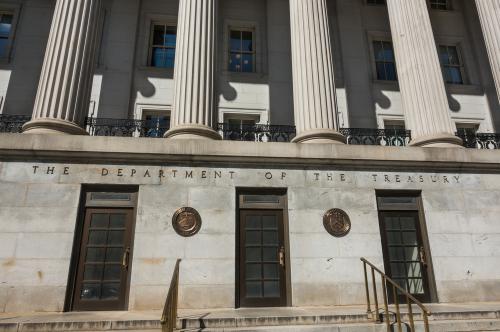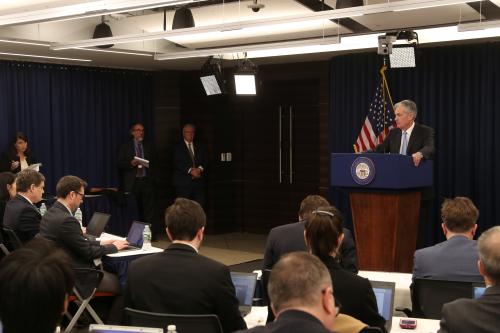In 1995, the last time the federal government ground to a halt due to no budget agreement in Congress, I was a member of President Clinton’s Council of Economic Advisors. While the political ramifications clearly were quite large with the Republicans being blamed by the public for the morass, in terms of the economy, it had a surprisingly small effect.
We were fortunate in that the shutdown occurred when the economy was growing strongly, and debt and deficits were not such large dark clouds on the horizon. That’s not the case today—while the economy is certainly stronger than it was 2 years ago at the height of the financial crisis and resulting Great Recession, right now it’s much more vulnerable to a shock of any kind—like a shutdown, continued Middle East unrest, inflation, etc. And our deficit and debt problem is a serious national threat now.
The key is going to be the length of any government shutdown—if it’s just for a few weeks, the economy will survive, although of course there will be inconveniences in the form of national parks being closed, etc. In addition, the government workforce is quite large and the government as a whole is a big player in the economy. While the 1995 shutdown gave these workers pay post-facto, if pay lost during a shutdown isn’t paid and becomes a furlough, it could have an income effect on GDP. Hopefully it will not come to that and compromise can be reached.
In the bigger picture, consumer and investor confidence could also both be negatively affected by a shutdown. Having Congress play chicken with the debt ceiling and raising the possibility of default is dangerous. While the U.S. government is not going to default on its debts, like Portugal, Greece and Ireland, a drop in investor confidence would force the U.S. to offer higher interest rates to attract bond buyers. If interest rates rise significantly it will cost more and more to service the national debt, which means less and less money for everything else. And there is always the possibility of a severe loss of confidence, triggering another and perhaps even worse financial crisis.
But something positive could actually come from a shutdown: investors could see it as a signal that we as a nation are going to get serious about our addiction to debt. I was opposed to the last shutdown, but perhaps there was a silver lining. Four years after the last shutdown, we did have surpluses because spending was restrained and taxes were raised—and that’s exactly the same recipe we need to follow today. We need to be careful not to slow the economy prematurely but, as soon as growth is strong enough, there should be a move toward deficit reduction. The plan for deficit reduction should be put in place now, for the longer we wait, the harder it will be to get our fiscal house in order.
The Brookings Institution is committed to quality, independence, and impact.
We are supported by a diverse array of funders. In line with our values and policies, each Brookings publication represents the sole views of its author(s).



Commentary
Economic Repercussions of a Government Shutdown: Positives and Negatives
April 6, 2011